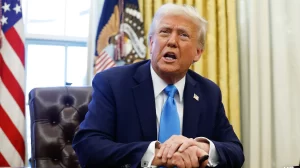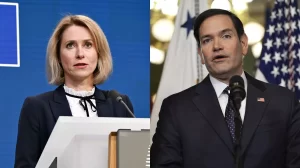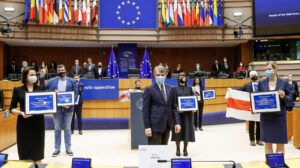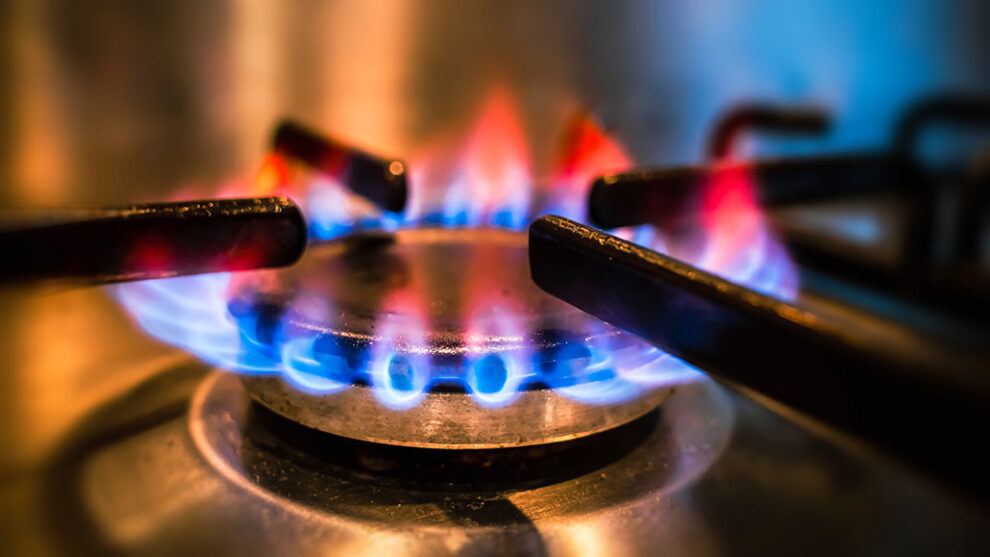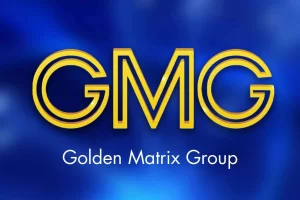A recent scandal involving the sale of domestically produced gas at well below the market price could seriously damage Croatia’s ambitions of positioning itself as the main southeast European energy hub, experts told Montel.
The affair led to state-owned energy company Hep losing millions of euros as a result and while financially damaging for the firm, it also diminished the reputation of the Croatian government and cast doubt on its ability to manage the utility, said energy expert Igor Dekanic.
His comments came after the government – in September 2022 – ordered gas producer Ina to sell all domestically produced gas to Hep at a fixed price of EUR 41/MWh, which the latter then sold to the public, following a surge in wholesale prices on the back of the Ukraine war.
Price fall
However, once prices started to fall, compounded by a drop in demand with the end of winter, Hep had to sell significant amounts of surplus gas last month at an average price of just EUR 14.40/MWh, though the government decree was not suspended until 6 July.
“One problem was that the government didn’t repeal the ordinance ordering Ina to sell all domestically produced gas to Hep at a fixed price in a timely fashion and the other was that no one asked the government to do so,” said Davor Stern, an energy expert and former economy minister in the 1990s.
Hep’s management, however, told Montel it alerted the ministry of the problem in due time, while the economy ministry said it thought the firm had the situation under control.
Meanwhile, Zdeslav Matic, energy consultant and a former assistant economy minister, said while there might be some reputational damage for a country aiming to become an energy hub, the affair also highlighted the fact Hep lacked competent management and strategic thinking.
When it came to accountability, Stern said that only a comprehensive audit could determine whether there was any criminal intent but that the incompetence of those responsible, both in Hep and in the economy ministry, was clear.
Eleven companies succeeded in buying this cheap gas at balancing auctions, with the biggest Croatian gas trading company PPD taking the majority.
Rejects impropriety
In an open letter, however, PPD rejected any impropriety, saying it had acted in accordance with “the prescribed functioning of the balancing system, which is fully regulated and defined by legal procedures”.
When contacted by Montel, the anti-corruption agency Uskok, which has reportedly launched a preliminary investigation into the matter, declined to comment, while the ministry and Hep have not responded to repeated requests for further comment.
Last year, Croatia moved to position itself as the region’s energy hub by expanding its LNG capacity and pipeline network to Hungary and Slovenia.
Source : Montel



